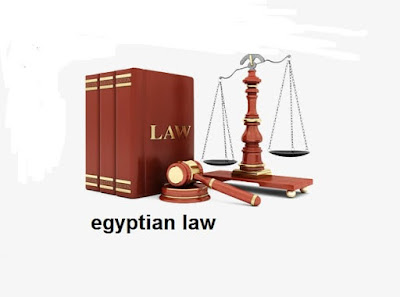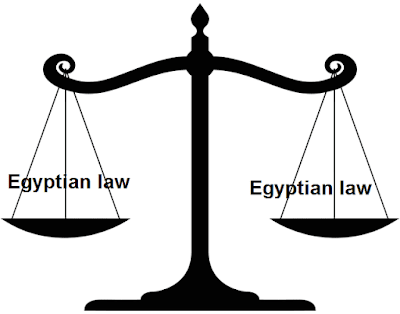juristic act
is intended, according to its definition certain legal effects Various
circumstance may however prevent an act of having its intended effect in that
case the act is invalid.invalidity may arise from one circumstance
as incapacity
of the parties, illegality of the
object, or the non-observance of the forms prescribed for the doing of the
act
Acts
in existants are those which lack some element
essential to their formation without wich the act cannot to be
considered to exist
As
distinguished from acts inexistants,
these acts are such as unite all essential elements of an act. but are struck
with nullity because they contravene some rule of law, e.g. immoral agreements.
the invalidity
of a juristic act arises, either from defect in the capacity of the parties or
from lack of proper form, or from illegality in The purpose of the act
Defect of capacity
The nature of
capacity has been already Explained. The capacity of the normal person to
but The perform juristic acts is unlimited within range of action allowed to him
by laws,but abnormal person has only restricted capacity and consequently, act
which, if performed by a normal person, would
produce legal effect do not always produce that effect when accomplished
by an abnormal person.
In modern law the principal classes of abnormal persons are lunatics and idiots,minors,
married women, aliens, and juristic persons. Systems of religious law generally
recognize heresy or infidelity as giving rise to incapacity in certain
respects, and temp or a special in-capacities are not imposed for particular
reasons. Rules regulating capacity cannot therefore be contravened by
agreement. This fact makes it sometimes difficult to distinguish clearly between
acts which are invalid on the ground of incapacity and those invalid on The ground
of illegality the law, is imposing a general incapacity, frequently makes
provision for the performance by others, on behalf of the person under the incapacity,
of the acts which that person would, if normal, himself carry out. Thus a
guardian (tuteur) is authorized to perform for his ward acts which could have
been done by the ward himself and he not been under an incapacity
In other
cases, the incapacity does not deprive the person subject to it of the power to
perform
legally effective acts, but merely requires the observance of special
for malities which secure his acting under proper advice. Thus, a ward may be
prohibited from performing certain acts without the consent of his guardian. But
not infrequently the law takes away capacity for the performance of the act
without providing any alternative method by which it may be accomplished.
Defect of form
The importance
of form as an element in the juristic act is much less in modern law than law
than in the earlier systems. The performance of most juristic acts was in early
law subjected to the exact importance of form was also manifested in the rules
of procedure. There existed certain recognized forms of action, in one of which
it was necessary for every party to present his suit. The method of
presentation in each case
was regulated
by strict rules.observance of a prescribed ritual, the essay for every party to
present his suit. the method of presentation in each case was regulated by strict
rules The observance of a set form has to be necessary modern in many cases in
which its nonobservance invalidated the act. There still remain acts which are
essentially formal in their nature and as regards which non- observance of the
form invalidates the act, or leaves it non-existent in the eyes of the law as lacking the form in which it can alone be legally recognized. Islamic law indeed
seems to be preculiarly free from requirements of form.Several transactions
which in European countries are subjected to the observance of form rest,
according to the sacred law, solely upon the will of the parties, however
expressed.















